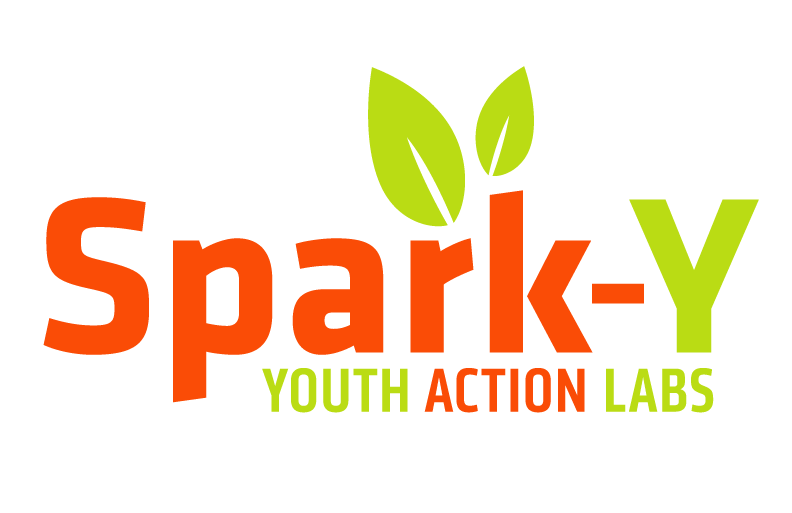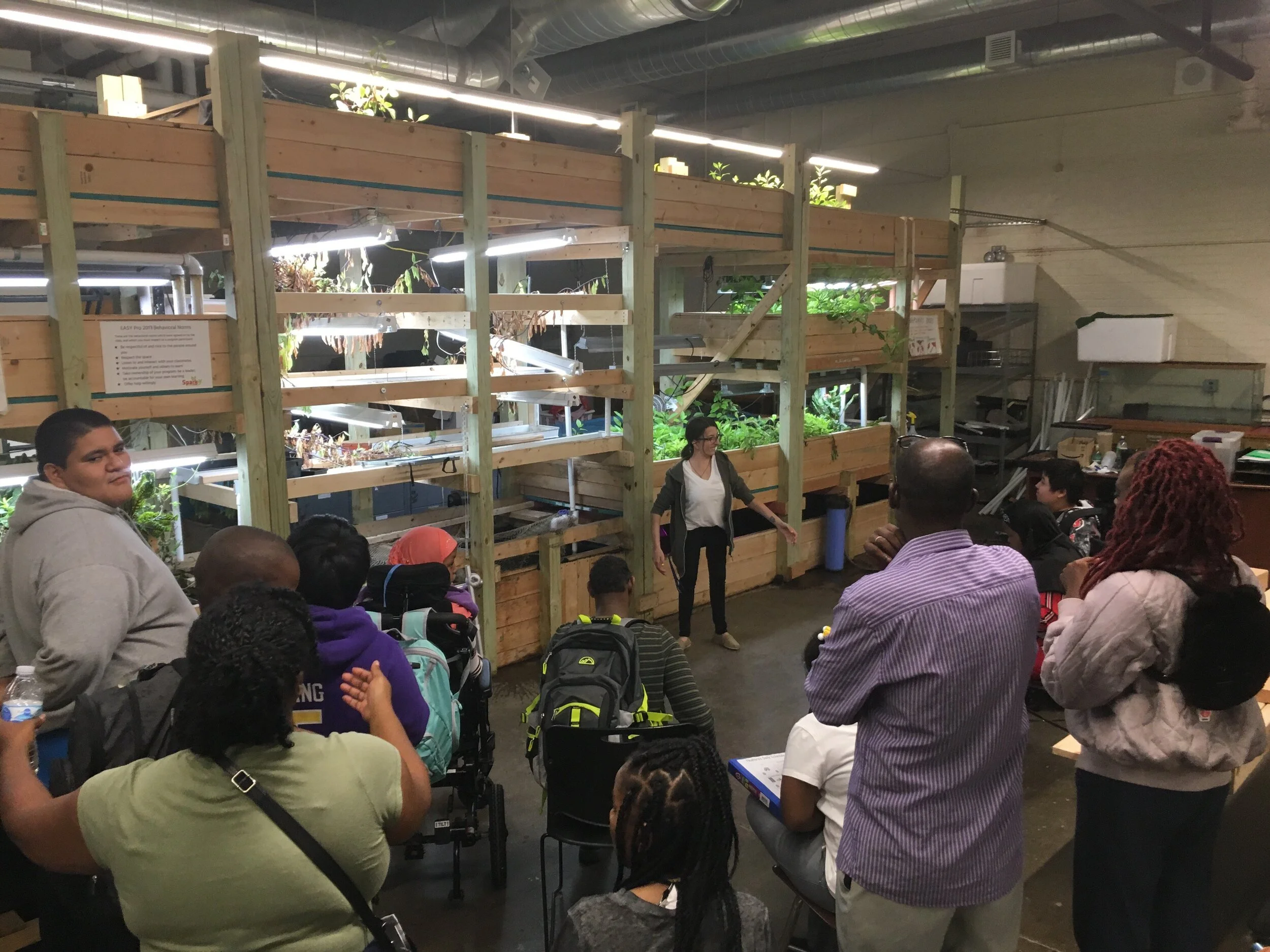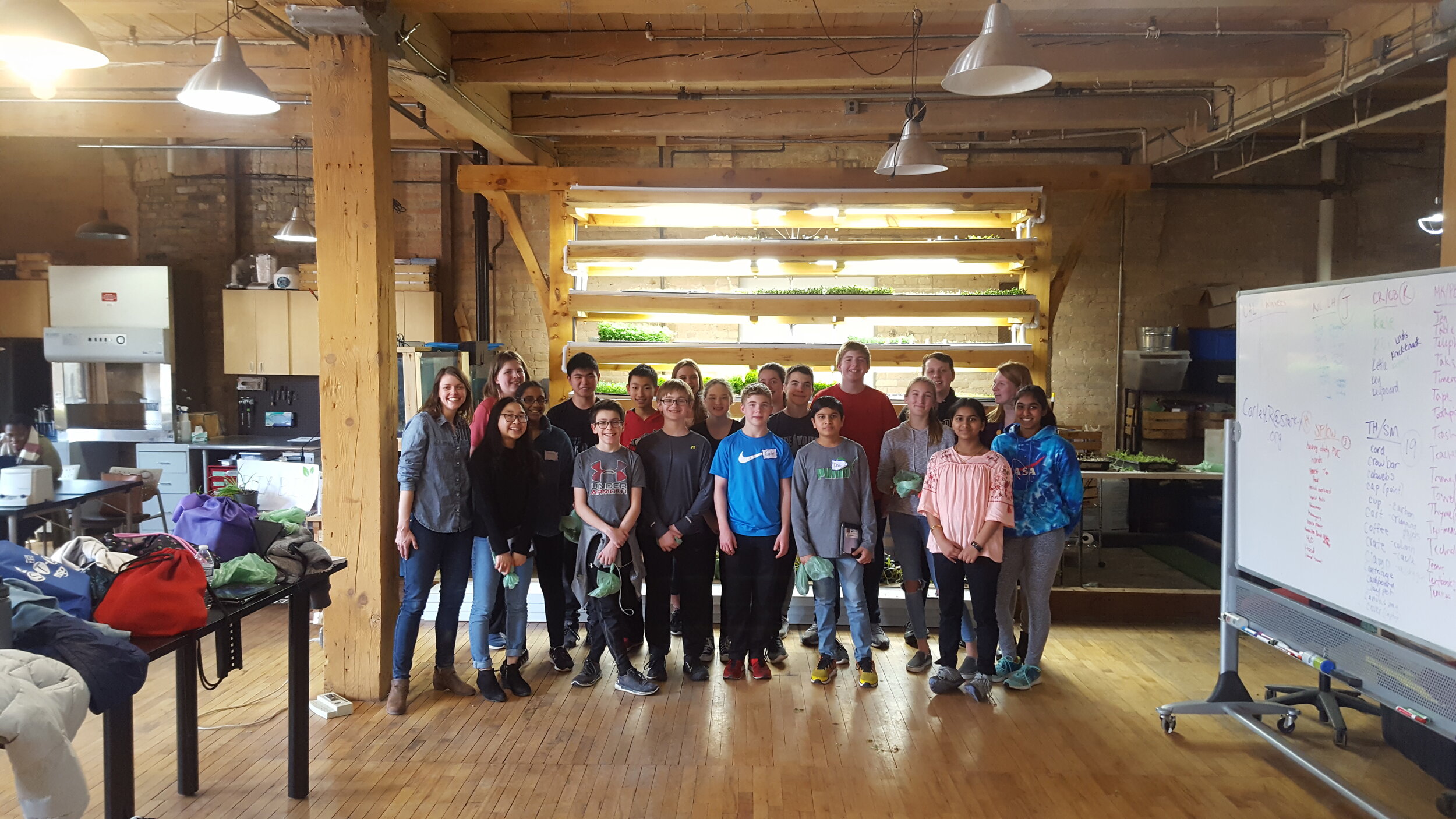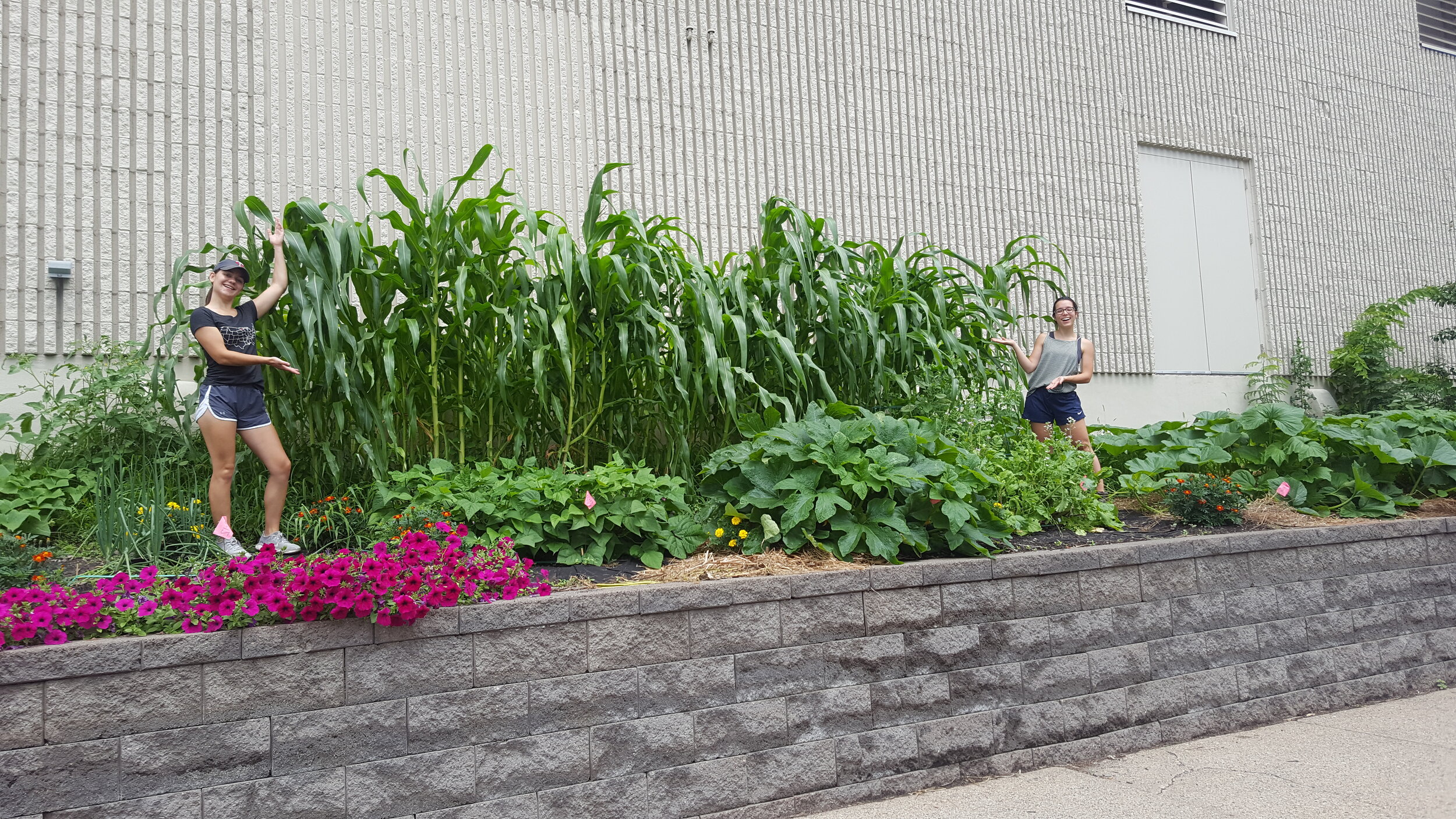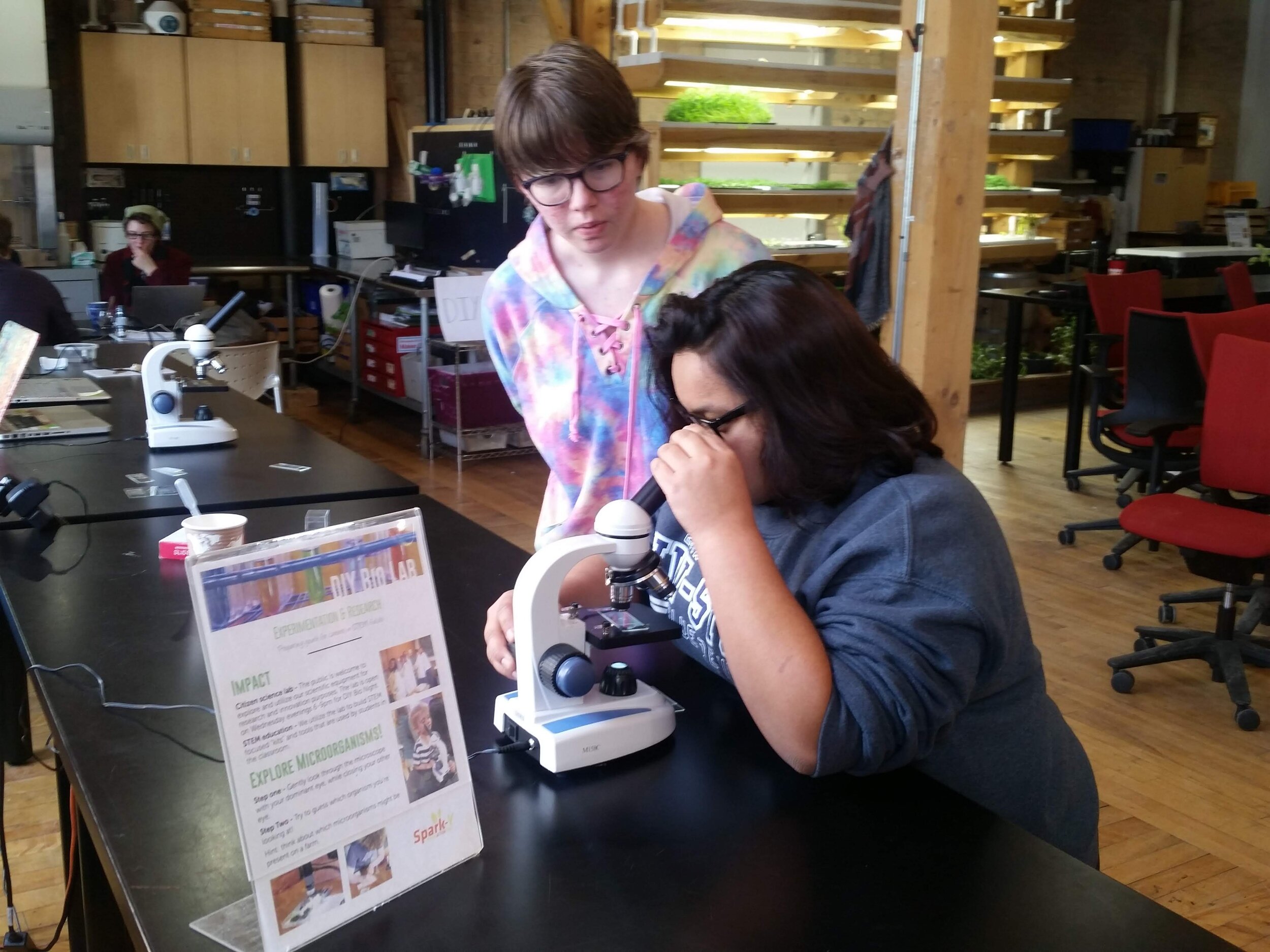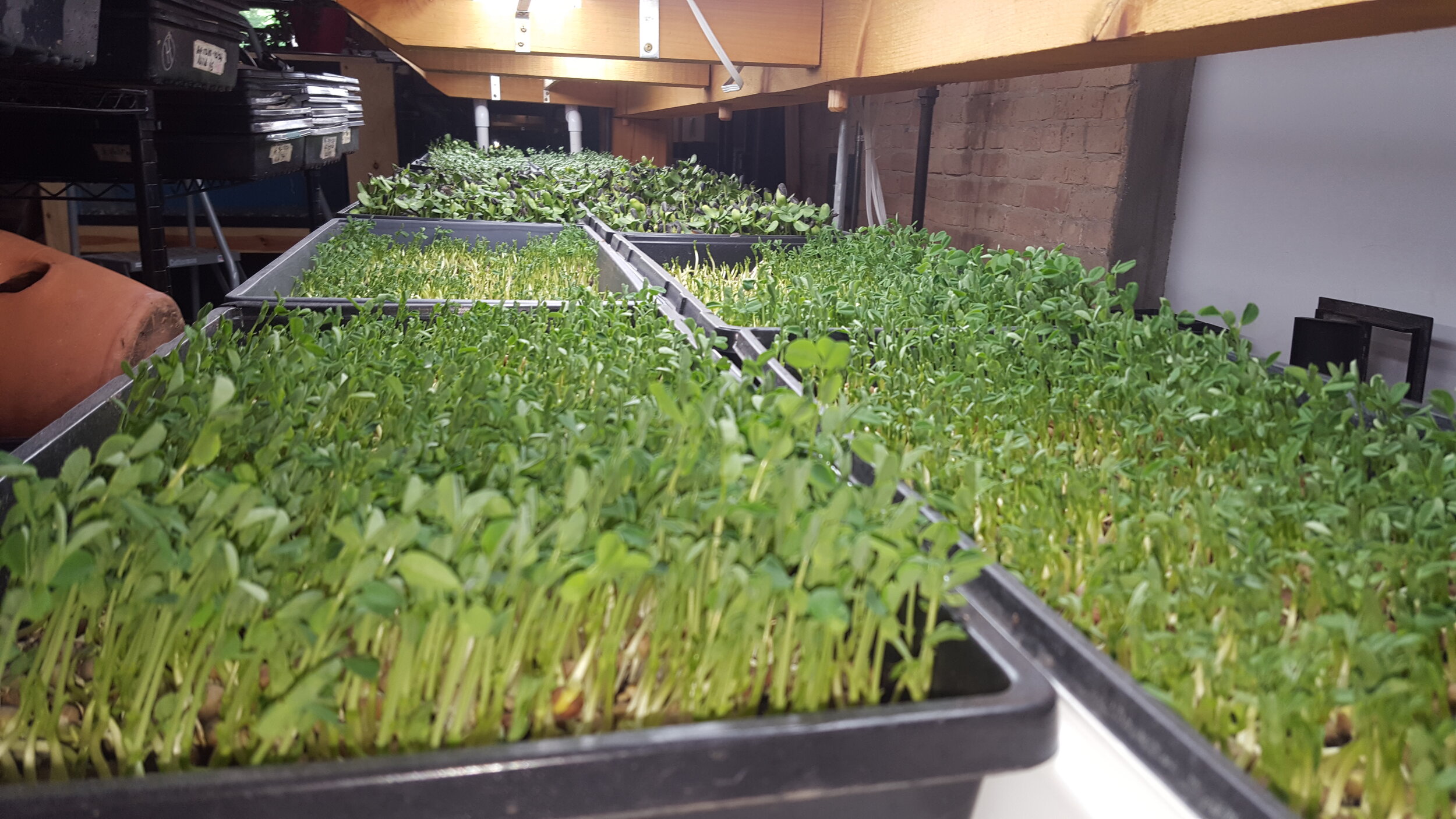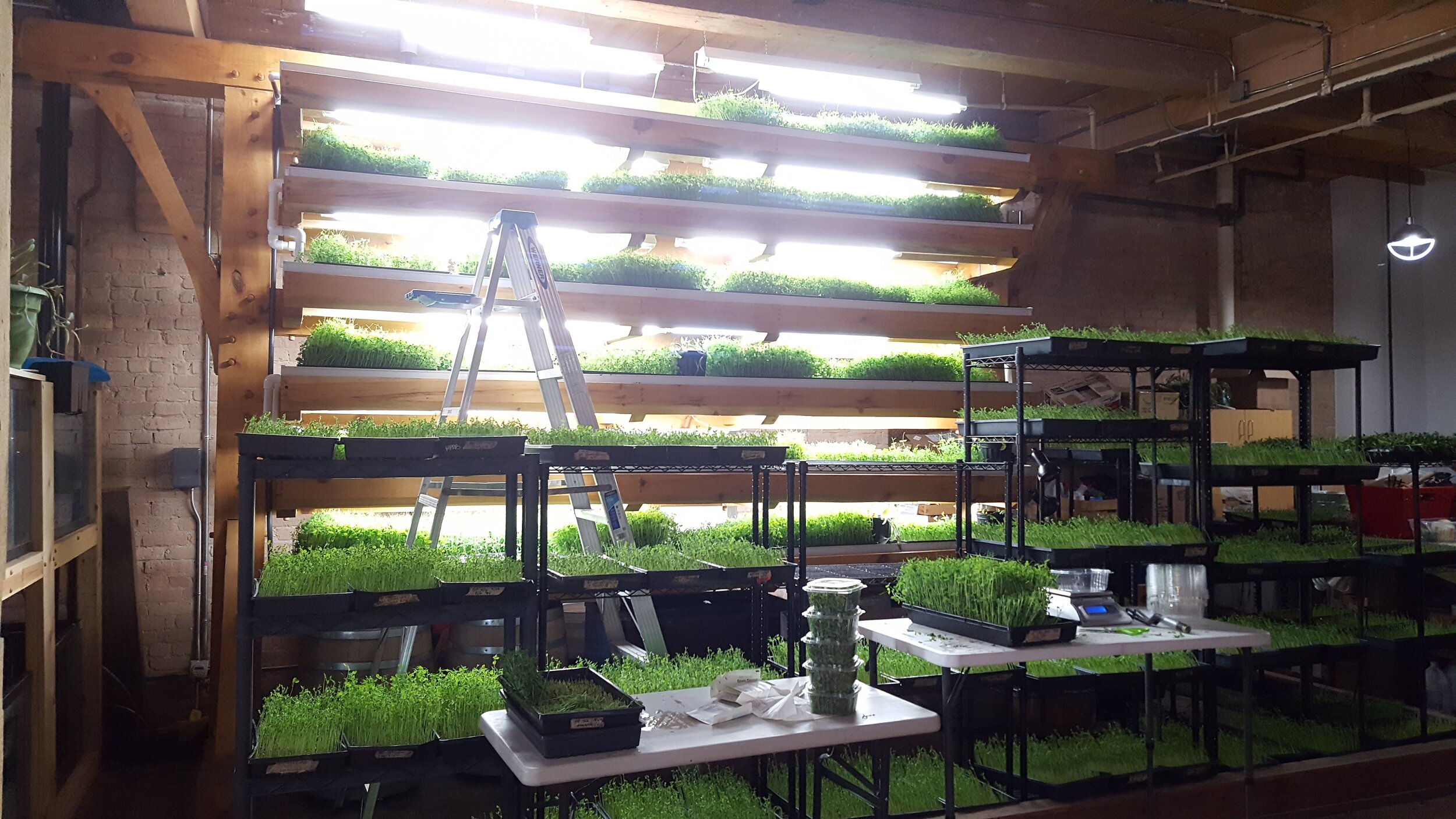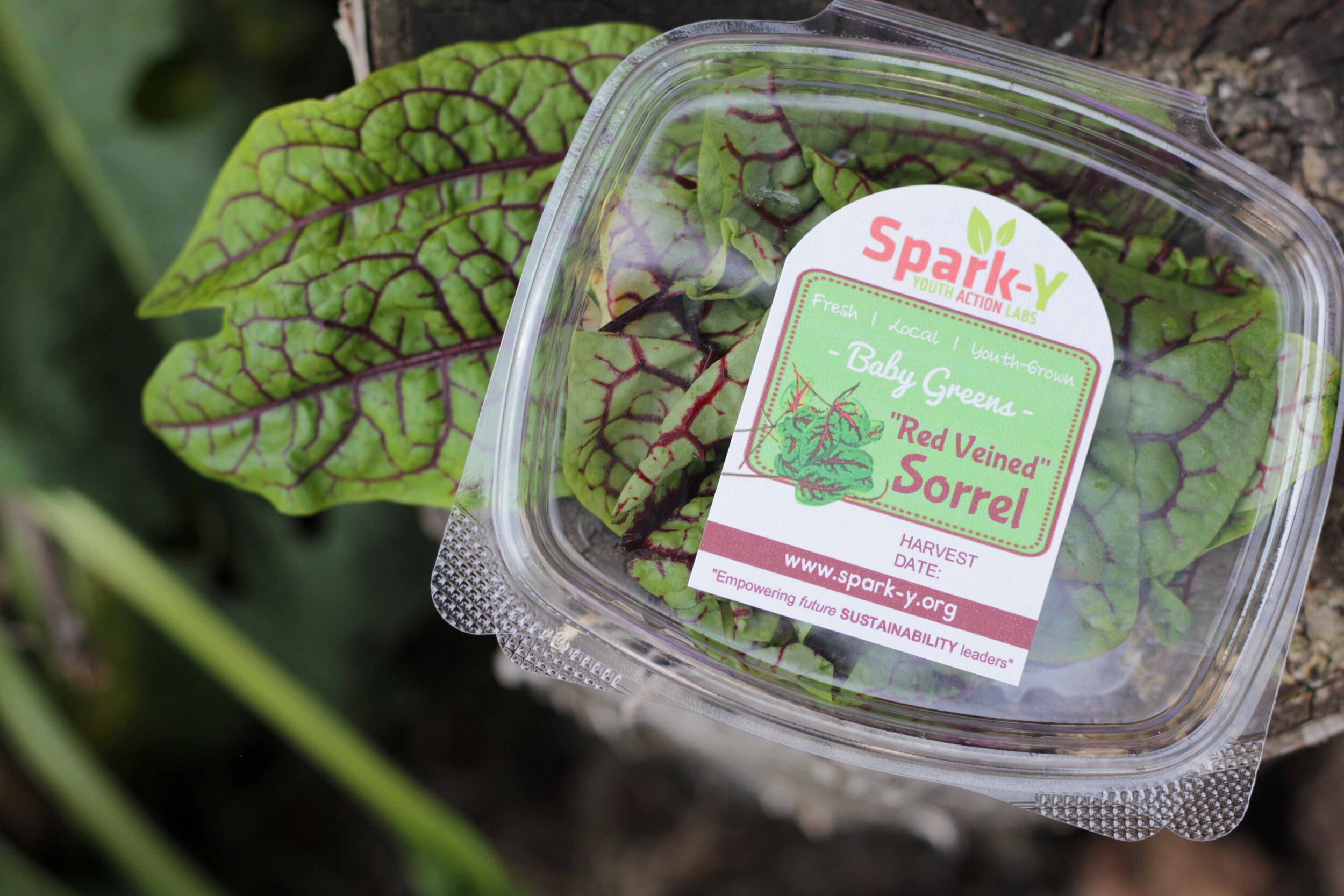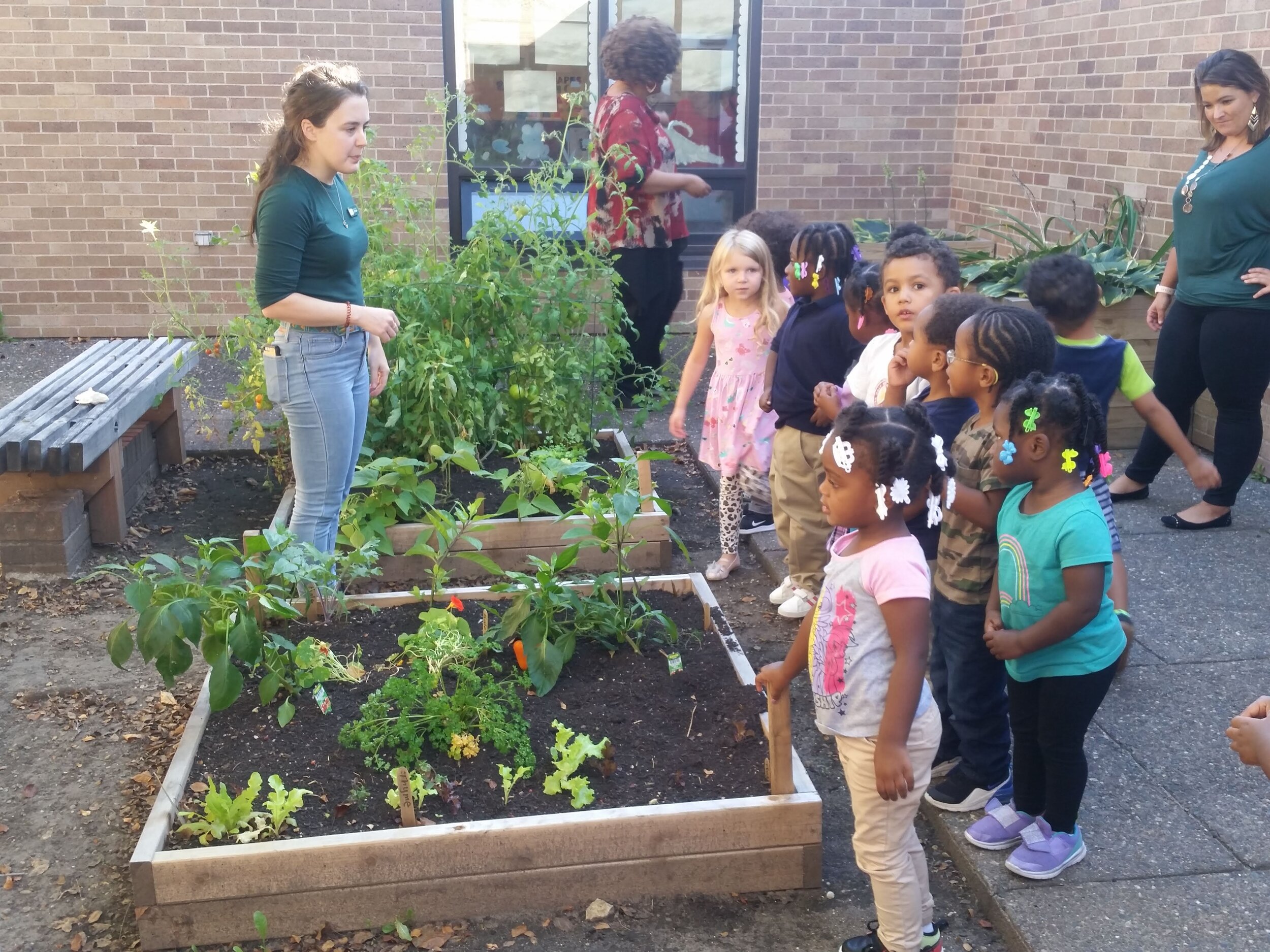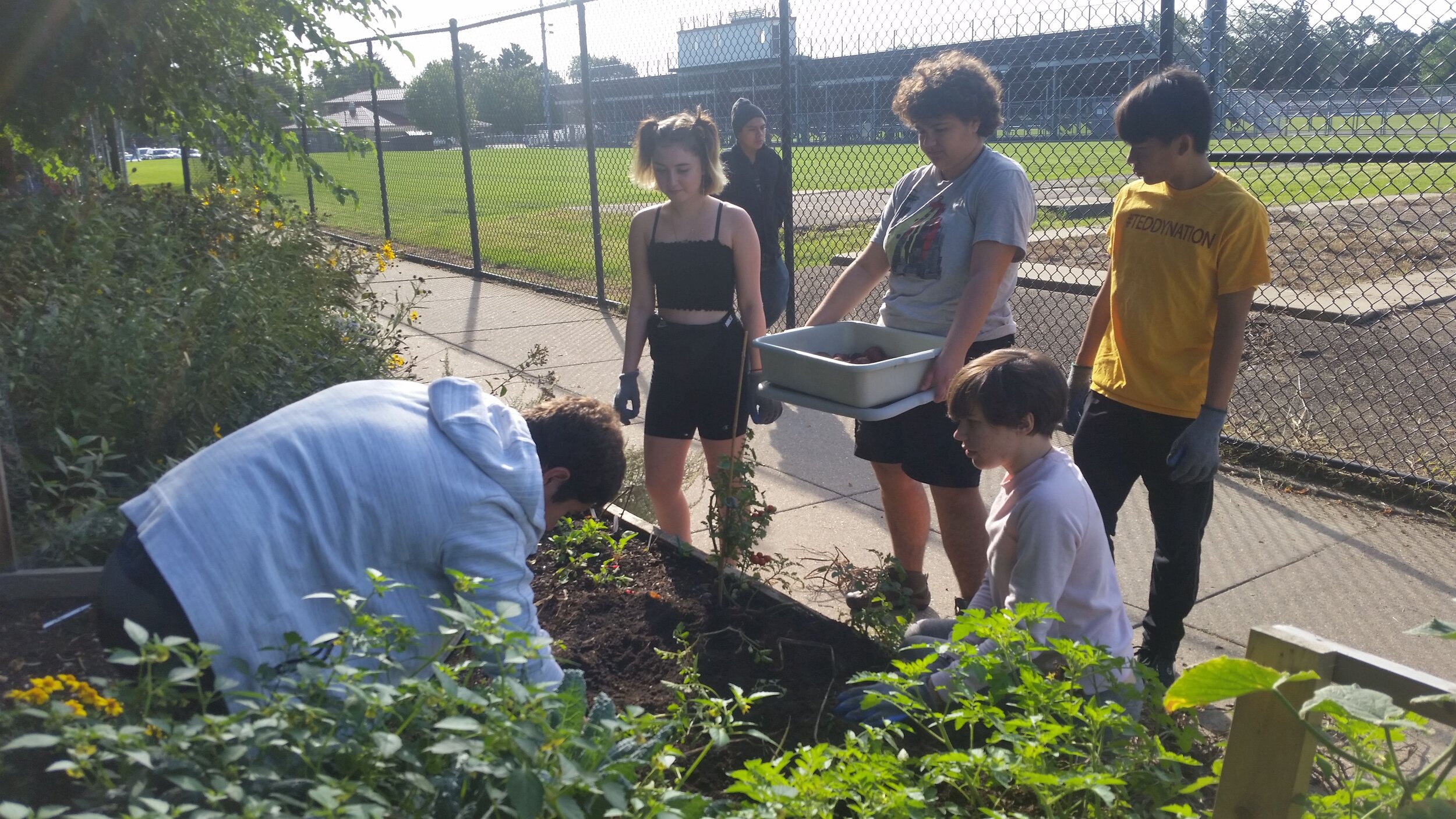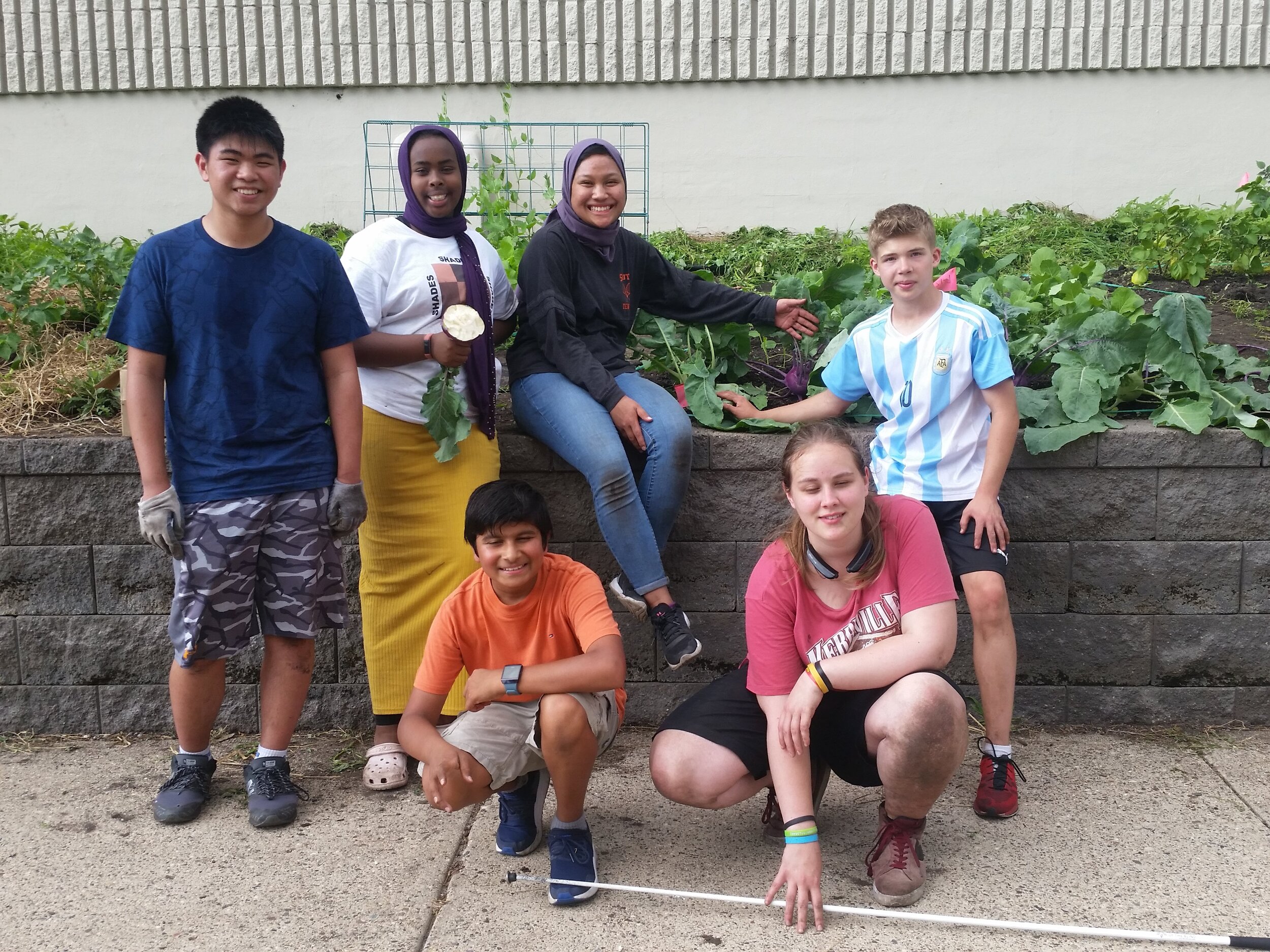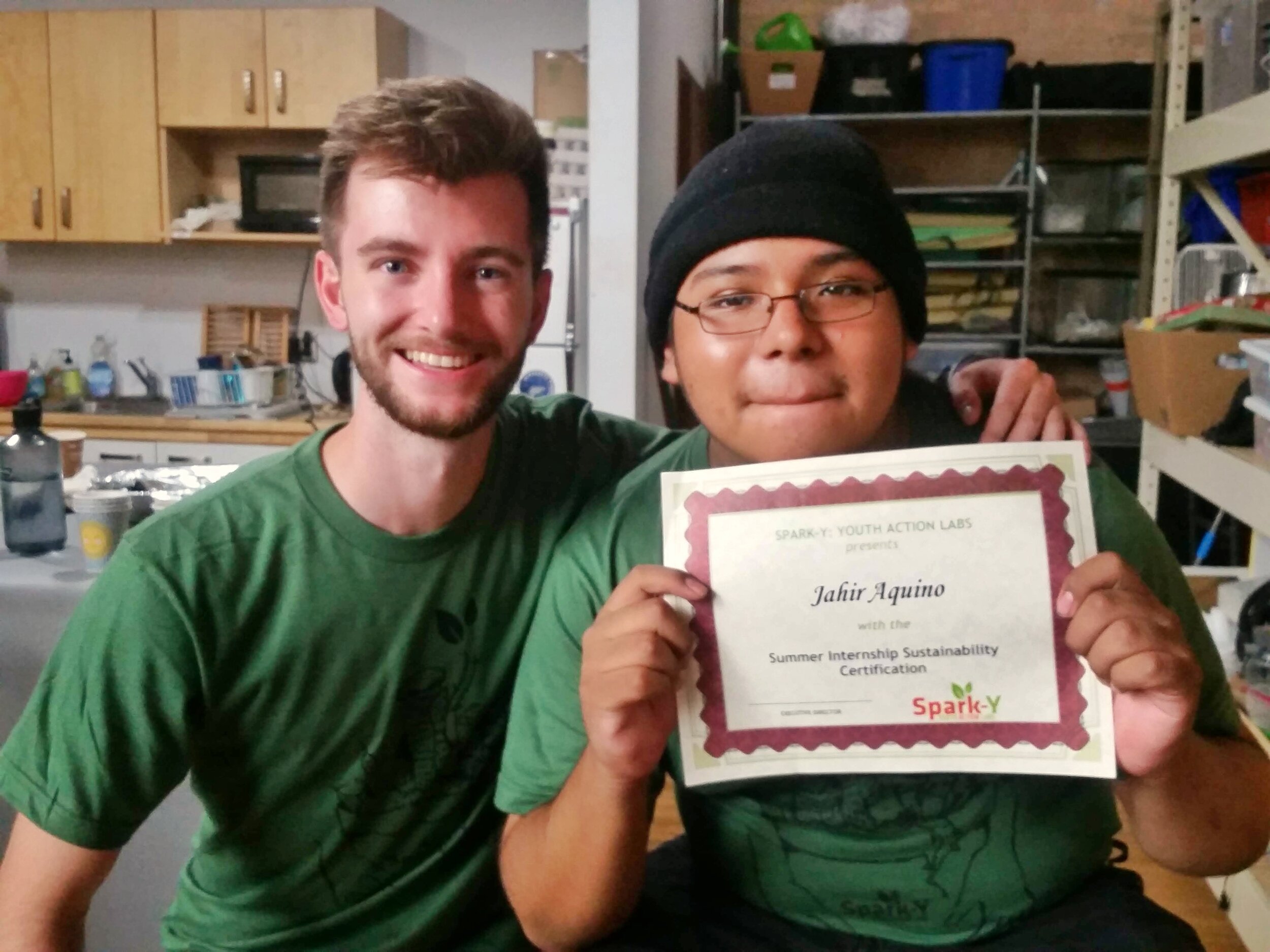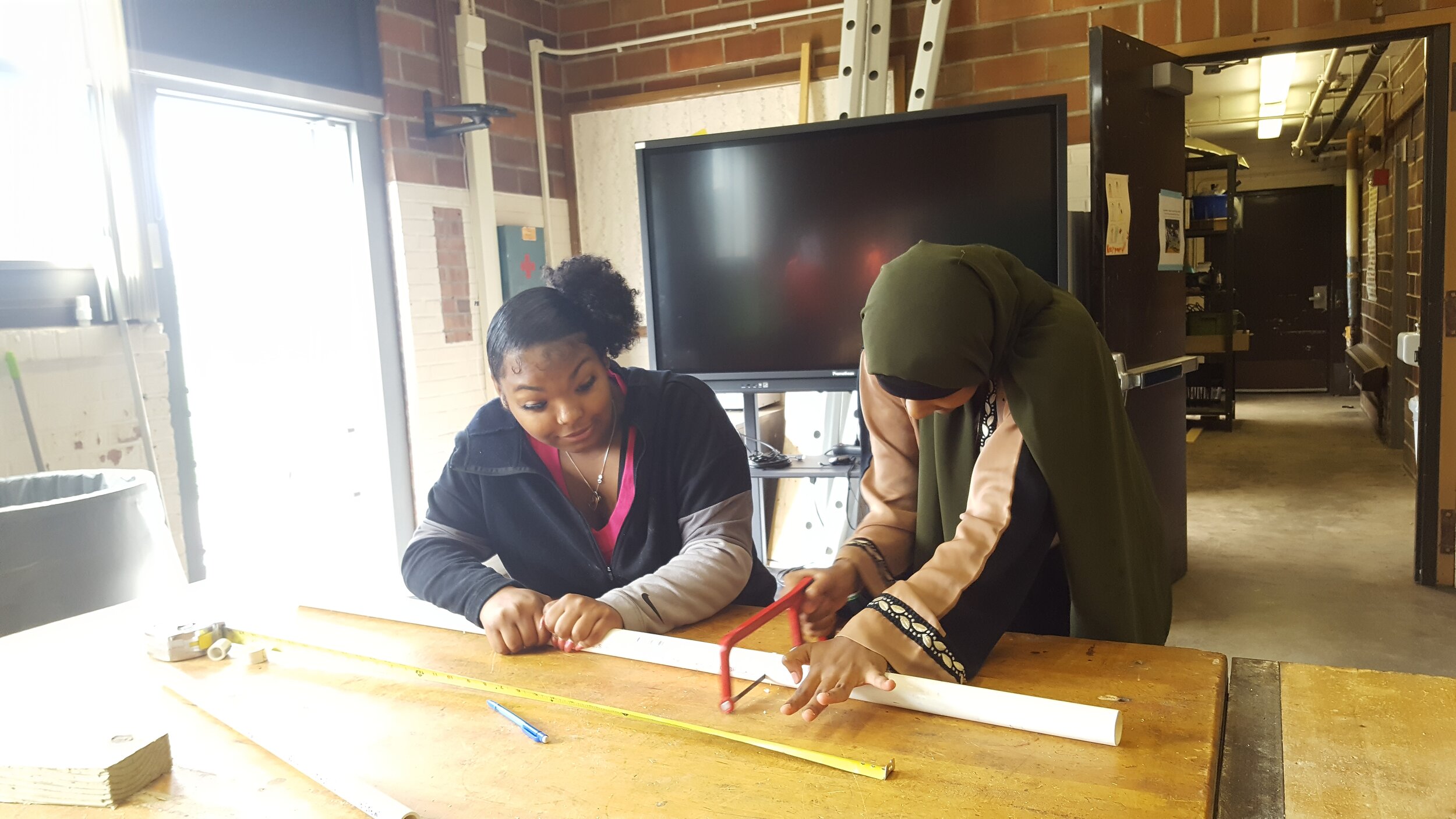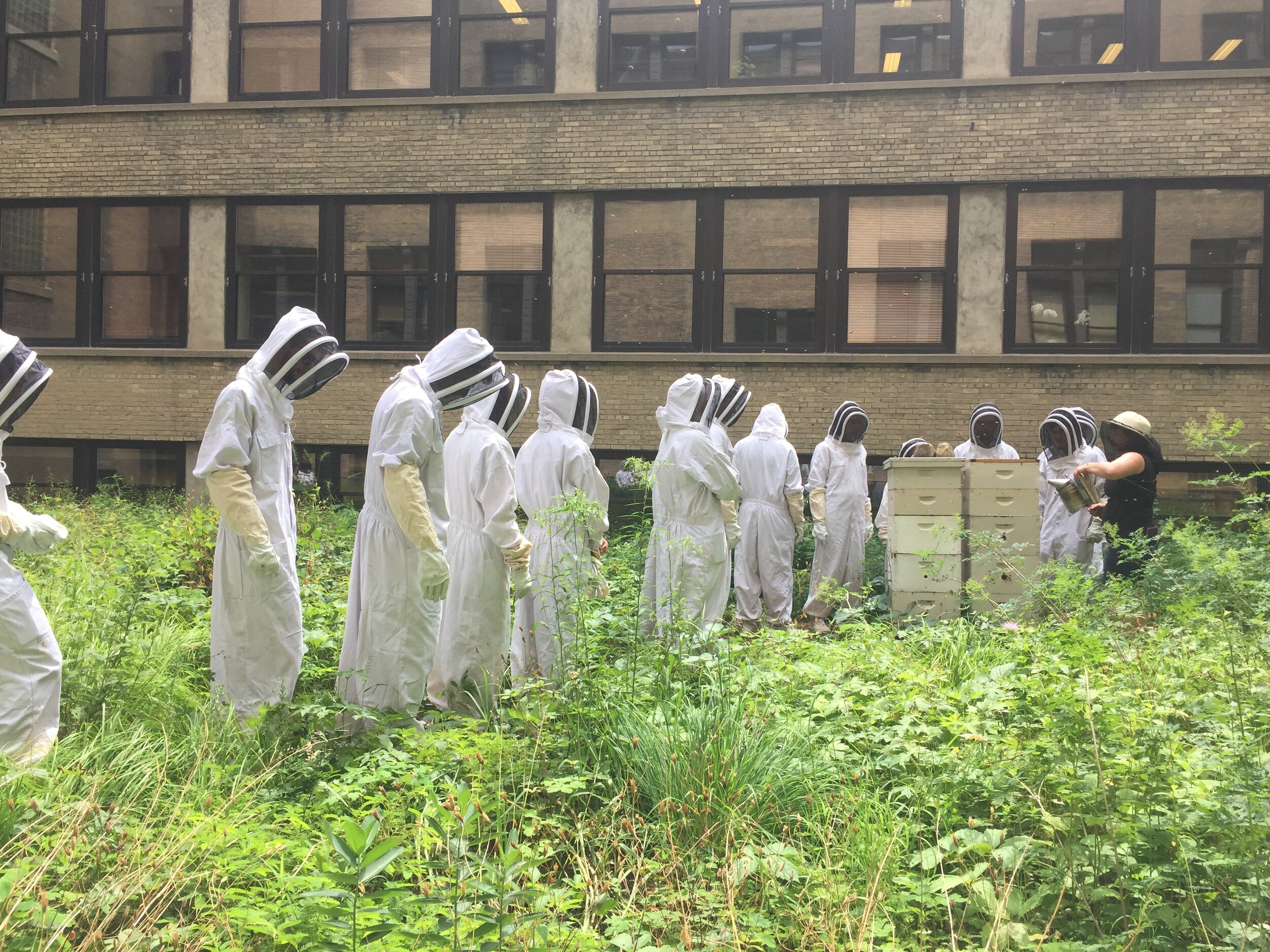As schools officially close today, we remember that every storm has a silver lining. Though we face uncertainty, we are all in this together.
Right now we are being given the opportunity to unite together as a global family while acting locally for the good health of ourselves and our neighbors. We are reminded that we all share this Earth, together. And what we do determines our destiny no matter the direction the wind blows.
At Spark-Y, we provide the opportunities that allow youth to discover sustainability. Central among a variety of skills, our youth are learning how to grow food (including year-round in cold climates), how to reduce unnecessary waste, and even how to create resources from their waste streams. At the heart of much of what we do at Spark-Y is helping youth to remember they are strong, resilient, and capable -- no matter what life brings. This is empowerment.
We can all remember and embrace this empowerment message right now. We are striving to find the balance between the real risks, while not becoming overwhelmed with the challenges. As spatial distancing ramps up, there are further unknowns about how long it may last, and how sustainable the length can be. We commit to being proactive -- and staying cool, calm and collected. We will help those affected. The education of our youth must continue with excellence, the production and growth of food must stay stable, and our economy must stay strong. We can and will find ways to safely operate and navigate together. And yes we ALL have a part to play.
With this in mind, and in light of COVID-19 and the closing of Minnesota schools, Spark-Y is dedicated to serving the state community in an expanded capacity. Our team will continue to provide youth empowerment programming through innovative ways together with our school and community partners. We will also be available to our community as a resource for sustainable, resilient steps you can take at home, work, or with your kids during social distancing and while following health guidelines.
From now into the foreseeable future, Spark-Y is committing effort to the following, starting with our current school and community partners and campus systems and spreading from there:
Virtual options: Our incredible sustainability educators are mobilizing to provide online content for youth in our programs, and webinars in partnership with our partners. We will also be providing training for our partners on how to execute online instruction.
Drop site kits: Our team is mobilizing hands-on education kits that youth and youth/parents together will be able to use at home for education with useful results.
Helping Twin Cities residents grow record amounts of food locally this season led by youth: Our Plant Sale will be focused on “resilience gardening,” helping those new or seasoned gardeners navigate the best plants and seeds to grow for high-yield food production in small or limited growing spaces - (stay tuned for venue and social distancing updates on the May 2nd Plant Sale). [Update: We are now hosting an Online Plant Sale with curbside pickup, including Resilience Gardening Kits. Full details on our event page, here.]
Resilient and antifragile mindset: We will be embedding much of our curriculum with self-sufficiency, growing food at home, and other topics designed to empower young people in uncertain times.
We will keep you posted as more methods and practice come to light to help the center of our future - our youth. We must remember to honor and listen to their voice in this process.
We would like to thank and support the continued efforts of our teachers, healthcare, and other service professionals. We will look to you for guidance and inspiration in this time. We pledge to help and protect your kids, and do whatever it takes to keep you safe on the front lines.
While we all might prefer this to be a sprint, we are strategically positioning for a marathon. Let’s continue to take excellent care of one another, and be a light for each other when all others go out. The shorter our marathon gets, the more we can rejoice.
We welcome anyone who wants to join us in these activities, please reach out if you would like to help or connect with resources or solution-oriented thoughts:
Online: spark-y.org/connect
Instagram: @sparkyorg
Facebook: SparkYouthActionLabs
Let's do this - together.
Thank you,
Zach Robinson, Executive Director
